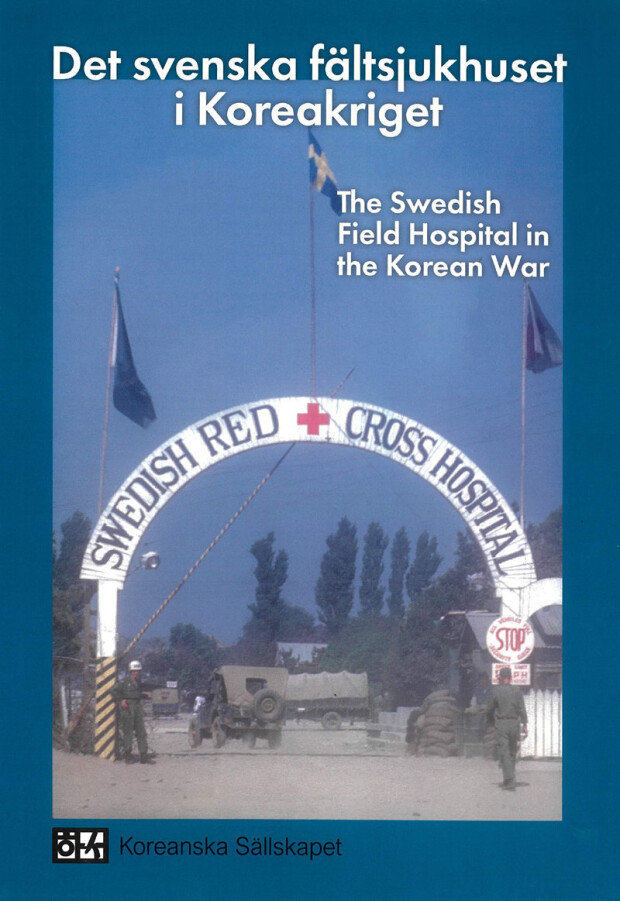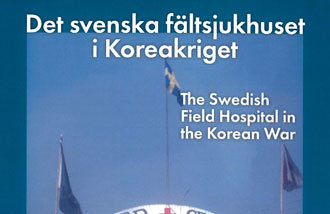New book chronicles Swedish medical aid mission during Korean War
New book chronicles Swedish medical aid mission during Korean War
Posted January. 10, 2025 08:42,
Updated January. 10, 2025 08:42

A recently published book, The Swedish Field Hospital in the Korean War, offers a vivid and detailed account of Sweden's humanitarian contributions during the Korean War.
The book was produced by Koreanska Sällskapet, a Swedish association of Korean War veterans, with support from the War Memorial of Korea Association. The publication was made possible through donations from the War Memorial of Korea Association, headed by Chairman Baek Seung-ju. The organization visited Sweden in September 2023 to collect local materials related to the Korean War and provided financial support to Koreanska Sällskapet for the project.
The book features over 100 color and black-and-white photographs. It captures the work of the Swedish Medical Aid Corps, which established a field hospital in Busan during the war. It includes photographs of Swedish doctors and nurses in field uniforms treating children, delivering relief supplies to orphans, and assisting elderly individuals with mobility issues. The collection also showcases rare color images of Busan, depicting densely packed shantytowns along creeks and the bustling life of displaced civilians.
Many of these pictures are published in Korea for the first time. In addition to the photographs, the booklet provides context on the Korean War's outbreak, Sweden's role in the conflict, and interviews with Swedish veterans, presented in both English and Swedish. Starting January 28, the book will be available at the Korean War Archive Center Library on the second floor of the War Memorial Hall in Yongsan-gu, Seoul.
Lars Frisk, president Emeritus of Koreanska Sällskapet, expressed his gratitude to the War Memorial of Korea Association, stating, “We hope this book will highlight Sweden's humanitarian efforts and contributions to saving countless Korean soldiers and civilians during the war.”
Sweden was among the first countries to provide medical aid during the Korean War, establishing a Red Cross field hospital in Busan. Over six and a half years, the hospital treated more than 25,000 soldiers and civilians, marking the longest period of assistance by any donor country. Sweden continued its support after the armistice by partnering with Denmark and Norway to establish the National Central Medical Center, which helped advance Korea’s medical capabilities.
Sang-Ho Yun ysh1005@donga.com







